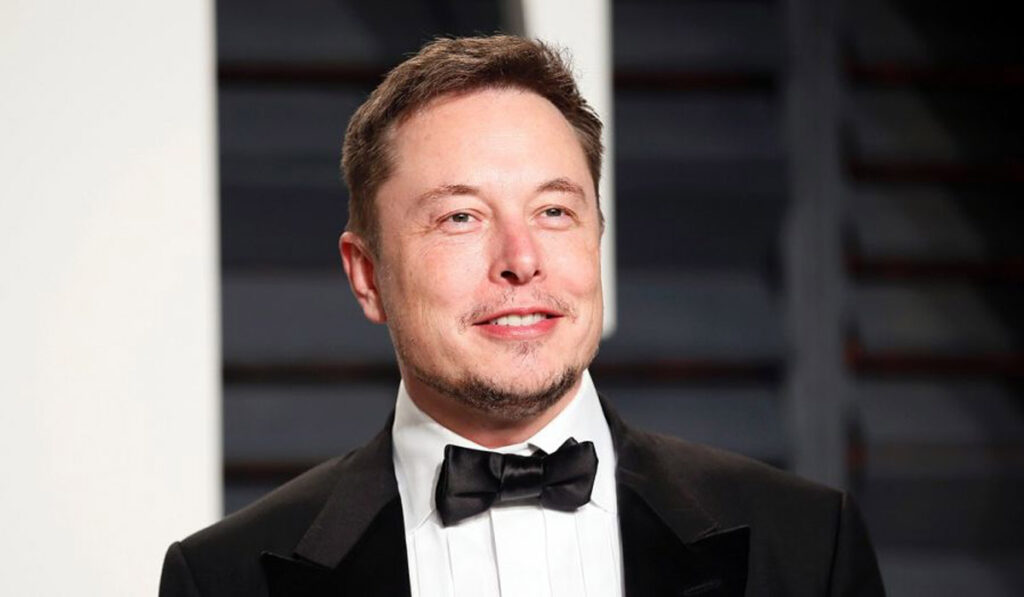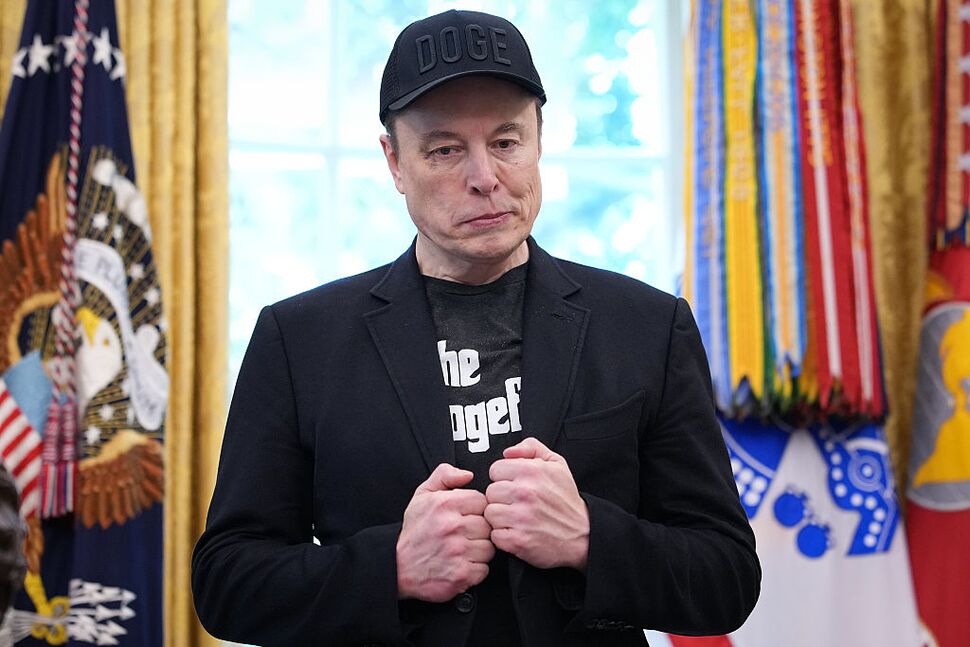Elon Musk Discovers His Father’s Secret Life of Kindness—What Happens Next Will Surprise You
Elon Musk leaned against the cool glass of his private jet window as the South African landscape came into view. Pretoria sprawled beneath him, its sunlit rooftops glinting through a soft haze. It had been years since he’d returned—five, to be exact—and this trip wasn’t scheduled. It was spontaneous, driven by a strange tug of restlessness and reflection. Headlines, deadlines, launches, and lawsuits had defined the past year. Now, he was coming home, or at least to a place that used to feel like it.
His father hadn’t picked up the phone. Twice he’d called that morning. No answer. Typical Errol Musk: brilliant, stubborn, and infuriatingly independent. Their last conversation ended in an argument—a loud one. Elon had never fully reconciled with the man whose approval he once craved and now mostly avoided.
But as the jet touched down, he couldn’t shake the feeling that something was waiting to be uncovered.

A Surprise in the Suburbs

A black sedan took Elon through Pretoria’s leafy streets to a modest, well-maintained home nestled between flowering hedges and low stone walls. It wasn’t grand or flashy—exactly the kind of place Errol might choose. Elon told the driver to wait and approached alone.
He rang the bell. No response. Knocked. Still nothing. About to leave, he heard voices out back and followed the sound. What he found froze him in place.
There, balanced on a rickety ladder, was 77-year-old Errol Musk, silver hair glinting in the sunlight, inspecting a set of solar panels on a neighbor’s roof.
“Mr. Musk, please be careful!” called an older woman from below.
“Nonsense, Mrs. Kyomo,” Errol replied without glancing down. “I’ve been climbing since before you were born. It’s just a loose wire.”
Elon watched in disbelief. His father—the same man who once ranted about inefficiency and freeloaders—was volunteering solar panel repairs?
A Different Man Than He Remembered
Errol worked with precise, practiced movements, tightening connections and testing circuits. It was strangely mesmerizing. In that moment, Elon saw not just a technician, but a man rooted in his community—calm, capable, and surprisingly… kind.
“Try the switch now!” Errol called.
A cheer from the house followed. “It works! Thank you!”
As Errol descended the ladder, he finally spotted his son. Their eyes met—years of distance, regret, and unspoken emotion packed into a long silence.
“Elon?” Errol said, squinting. “What are you doing here?”
“I could ask you the same,” Elon replied, half-smiling. “Didn’t realize you’d started a solar repair business.”
Errol scoffed. “Hardly. Mrs. Kyomo couldn’t afford the company’s repair fee. It was a blown fuse.”
The woman beamed. “Your father’s helped so many of us. He won’t take a cent.”
Inside over tea, Elon listened as she described Errol’s quiet campaign—repairing solar panels for nearly two dozen families in the area, often buying parts with his own money. In the small, tidy living room filled with family photos and the smell of rooibos, Elon began to see a new version of his father—one he’d never imagined.
Confronting the Past, Embracing the Present

“What made you start doing this?” Elon asked softly.
Errol sipped his tea. “After the power company gave up on our block, I saw people suffering. They bought solar systems, but couldn’t maintain them. Couldn’t afford help. I had tools. Skills. Time.”
“You could’ve charged a fraction of the market rate. Made money,” Elon said.
“Not everything’s about money, Elon,” Errol replied, sharp but not angry. “Sometimes you just want to leave things better than you found them.”
Before Elon could respond, Mrs. Kyomo’s grandson, Thabo, appeared—a university engineering student. “Your father’s been teaching me solar repair,” he said, excited. “I based my project on Tesla’s Australia grid model.”
Elon raised an eyebrow. “What did you think?”
“It’s revolutionary—but we need localized versions. Community-scaled, like what your dad’s doing.”
An Unexpected Partnership
Later, as they walked the neighborhood, Errol pointed out homes he’d helped. He knew every family’s story—who had school kids, who was battling illness, who was saving for a better life. Elon followed in quiet awe.
Then, they saw a man removing panels from a rooftop.
“That’s Marcus Visser,” Errol muttered. “Charges triple for repairs. Repossesses systems when people fall behind.”
They approached. Elon confronted Visser, learned the couple owed a small balance on faulty panels. Elon, inspecting the equipment, quickly identified the real issue: an undersized inverter. “This was doomed to fail,” he said.
Recognizing Elon, Visser backed down. The system would be fixed properly. The family would keep their power.
Back at Mrs. Kyomo’s, the night wound down. Before leaving, Errol pulled Elon aside.
“Three years ago, I had a heart scare,” he said. “Made me think about what I’d leave behind. I didn’t want to just be remembered for arguments and money. Your work inspired me. I wanted to help, even if no one noticed.”
Elon stood still, processing.
“I’m proud of you,” Errol added, voice low. “I’ve kept every article. Even when I didn’t say it.”
A New Beginning
They sat in silence. Then Elon said, “We could build something. A real program. Train locals. Cut costs. Scale it.”
Errol smiled. “I’d like that.”
The next morning, they met again—father and son, no longer estranged but aligned in purpose. A small backyard operation in Pretoria was about to become something far greater.
And for the first time in years, Elon Musk left with more than just ideas. He left with a renewed connection—and the start of a new mission.